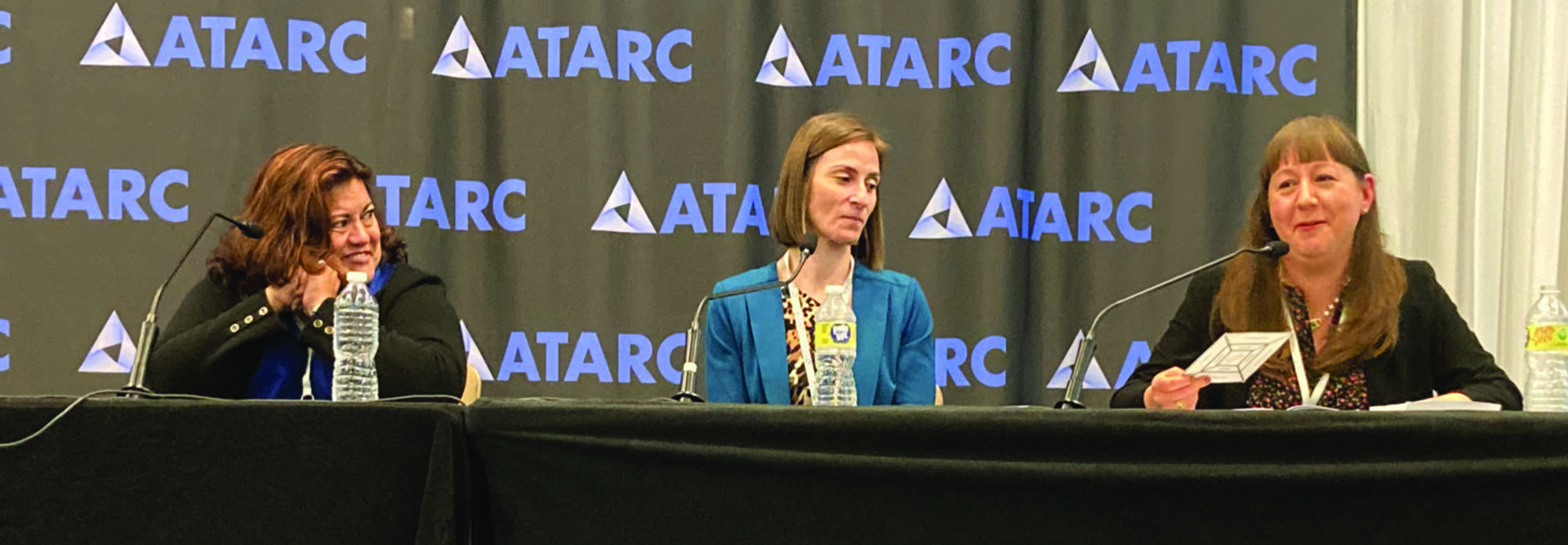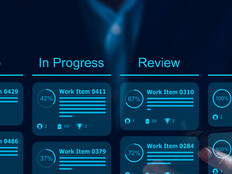Data Drives Agencies to Make Positive Changes for Workers
That becomes important as competition for skilled workers — especially in IT — increases, not just from the private sector, but from other agencies as well, DiMartini said.
“We used to steal a lot of talent from the Defense Department, but I’ve lost that competitive edge because the DOD found out how to telework,” she said. “So we have to figure out how to continually evolve and invest in our people so that they want to stay.”
“It is that constant measurement, constant feedback loop, and being willing and able to execute if you have to change,” she added. “If you just collect all this data and it tells you that people don’t like what you’re doing, but you keep doing it anyway, you’re going to hurt yourself in the long run.”
Montgomery said that the government still has some lessons to learn about data. “We’re in our infancy, I think, across the government when it comes to data literacy, data usage, data integrity and data maturity. In the space I live in, we’ve come a long way, but we have so much further to go.”
“When I think about how we’ve used data to start changing the minds of leadership about the direction they’re taking in handling ‘people stuff’ in our agency, I think, wow, this is going to be amazing,” she added.
EXPLORE: How remote work tools can boost agency productivity in other areas.
DHS Looks to Remote Work to Attract New Employees
The Department of Homeland Security was limited in how much remote work it could permit during the COVID-19 pandemic, partially because many of its employees needed to be onsite to do their jobs but also because of the amount of sensitive information involved.
Because of demand and the need to attract workers from outside government, the agency is now working on ways to make telework more feasible, said Eric Sanders, CISO for DHS’ Office of Intelligence and Analysis.
“We’ve been so resistant to the idea of remote work in the intelligence community, but now we have to start thinking about that and what it looks like,” Sanders said at the GITEC Emerging Technology Conference. “There’s a tremendous amount of people in the field who need access to classified or sensitive information.”
Those who were able to work remotely during the pandemic “really seemed to like it,” he said.
The issue comes when new workers, not accustomed to the restrictive environment of a classified agency, discover that they have to leave their phones and personal electronics at the door and are limited in how much outside information they’re able to access during the day for security reasons, he said.
“It’s not a very encouraging work environment,” Sanders said, “especially if you’re looking for developers and those kind of folks who are used to having all of their electronics around them — you’re really stymieing their creativity. You get a lot of turnover.”
LEARN MORE: Find new ways to plan and execute for the hybrid workplace.











